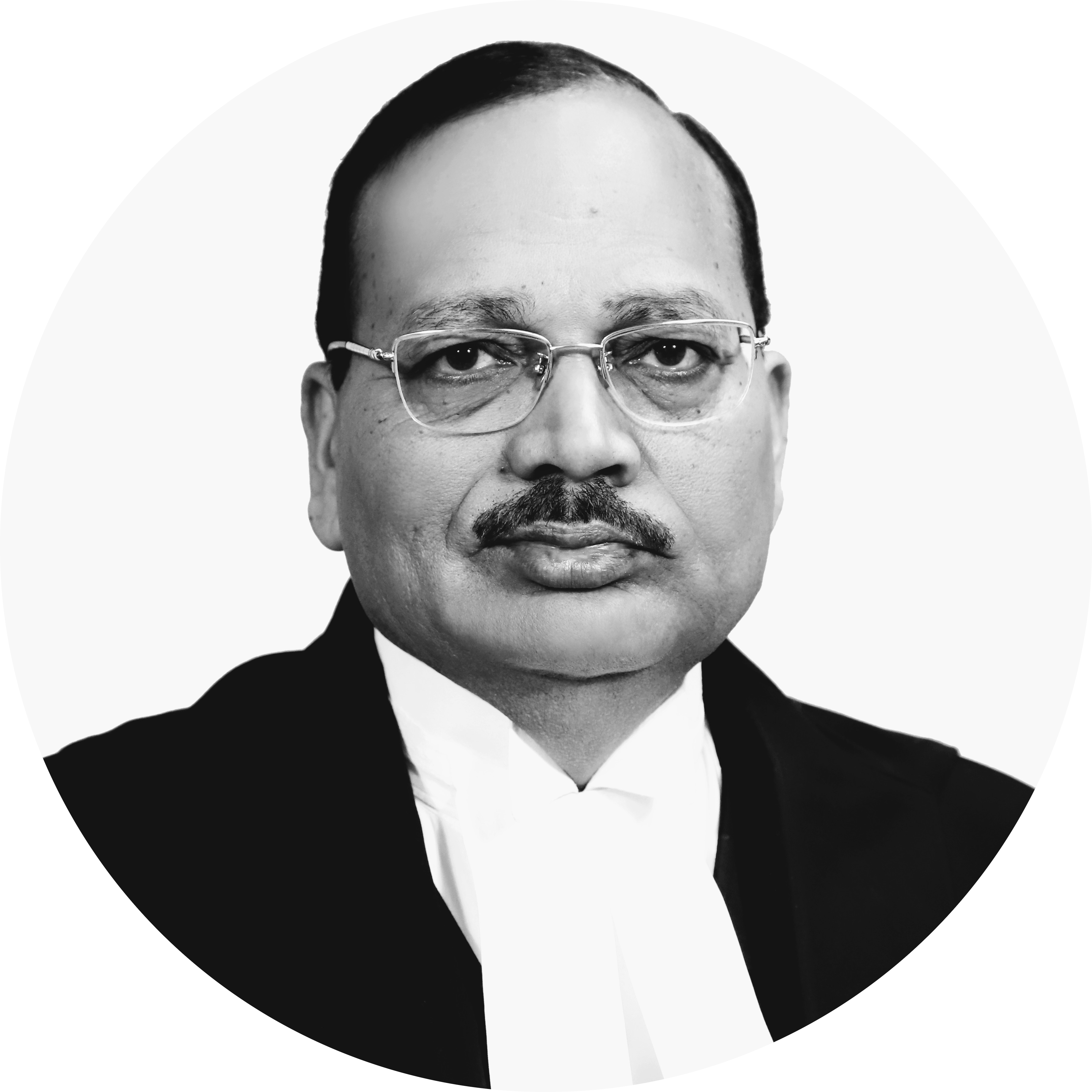Pegasus Spyware Probe
Manohar Lal Sharma v Union of India
The Court will decide whether there must be an investigation into the Government of India’s alleged use of Pegasus spyware on journalists, activists and public officials. The Court, after ascertaining if the Union government had used the Pegasus spyware, will decide the limits the government must adhere to while surveilling people.
Pending
Parties
Petitioner: Manohar Lal Sharma; N. Ram; Sashi Kumar; John Brittas; Narendra Mishra; Rupesh Kumar Singh; Paranjoy Guha Thakurta; Jagdeep Chhokar; S.N.M. Abdi; Editors’ Guild of India
Lawyers: Kapil Sibal; Rakesh Dwivedi; Shyam Divan; Manohar Lal Sharma; Meenakshi Arora; Narendra Mishra; Chander Uday Singh
Respondent: The Prime Minister; Union of India
Lawyers: Tushar Mehta
Case Details
Case Number: WP (Crl) 314/2021
Next Hearing:
Last Updated: March 19, 2025
TAGS: Pegasus, Privacy, Right to privacy, Surveillance
Key Issues
Should the Court order an investigation to determine if the Union Government used Pegasus spyware?
If the Union Government has used Pegasus spyware, does this violate the right to privacy?
If the Union Government has used Pegasus spyware, does this violate any surveillance related legal framework?
Case Description
In 2019, Facebook sued the NSO Group, an Israeli technology firm. They alleged that NSO’s spyware, Pegasus, was used to spy on users of Facebook’s messaging platform, WhatsApp. The spyware could be downloaded onto a mobile device, without the user knowing and compromised his/her privacy. The NSO Group claims that they only sell this spyware to governments. During a 2019 lawsuit, it was alleged that at least 40 Indian citizens were on the list of potential snooping targets including journalists and Dalit and Adivasi activists. This implied that the Indian government had purchased and used this spyware.
On July 18th, 2021, new allegations were made by the ‘Pegasus Project’ – an international consortium of 17 media organisations and Amnesty International. They leaked a list of 50,000 phone numbers which were potential targets for the spyware. In India, The Wire, an online news reporting agency, published the Project’s findings. They alleged that traces of the spyware were found on the devices used by the editors-in-chief of The Wire. Such traces were also found on the device of Prashant Kishor, a political strategist who most recently worked with the Trinamool Congress in West Bengal. Other potential, though unconfirmed, targets in this list included opposition leader Rahul Gandhi, Supreme Court judges Ranjan Gogoi and Arun Mishra and Union Minister Ashwini Vaishnaw.
These developments rocked Parliament’s Monsoon Session that began on July 19th. Members demanded a government response to the allegations. On July 22nd, Vaishnaw, the I.T. Minister, said that there were sufficient checks and balances placed on the government’s surveillance powers and that the Pegasus reports had ‘no factual basis’. He further added that surveillance was permitted under the Telegraph Act, 1885 and the IT Act, 2000.
Between July 22nd, 2021, and August 3rd, 2021, multiple petitions were filed on the Pegasus controversy at the Supreme Court. The petitioners included Jagdeep Chhokar (founder of Association for Democratic Reforms) and Paranjoy Guha Thakurta (journalist), who were targeted by the spyware. Petitions were also filed by N. Ram (journalist and editor of The Hindu) and John Brittas (Rajya Sabha MP). The petitioners have requested a judicial probe to investigate if the Indian government used Pegasus to spy on journalists and other citizens, and if due process was followed. They also submitted to the Court that Pegasus would have a chilling effect on freedom of speech and expression and violate the right to privacy.
The Supreme Court of India requested the respondent i.e. Union of India to respond to the petitions with a detailed counter-affidavit on August 10th, 2021. Instead, Solicitor General Tushar Mehta submitted a ‘limited affidavit’.
The affidavit stated complete denial of all allegations made against the Union. It said that the petitions were only based on unsubstantiated media reports which cannot be made a basis for invoking writ jurisdiction. The affidavit also stated that the Union will form a committee of experts to investigate the issue to prevent any wrong narrative from being spread.
The Court stated that the ‘limited affidavit’ was insufficient as it lacked the Union’s stand with respect to the allegations. The Solicitor General stated that a certain disclosure of facts will hamper the national security of the nation. The court expressed its displeasure towards the Union of India and appointed a Technical Committee to investigate the truth or falsity of the allegations.
The technical committee is being supervised by Justice R.V. Raveendran, former Judge, Supreme Court of India, assisted by Mr. Alok Joshi, former IPS officer (1976 batch) & Dr. Sundeep Oberoi, Chairman, International Organisation of Standardisation/ International ElectroTechnical Commission/Joint Technical Committee. Other members of the committee include Dr. Naveen Kumar Chaudhary, Professor (Cyber Security and Digital Forensics) and Dean, National Forensic Sciences University, Gandhinagar, Gujarat, Dr. Prabaharan P., Professor (School of Engineering), Amrita Vishwa Vidyapeetham, Amritapuri, Kerala and Dr. Ashwin Anil Gumaste, Institute Chair Associate Professor (Computer Science and Engineering), Indian Institute of Technology, Bombay, Maharashtra.
The committee conducted deposition hearings of experts and petitioners associated with the case including Mr. Sashi Menon, Hon’ble MP John Brittas and Mr. Siddharth Varadarajan between December 16th, 2021, and February 2nd, 2022. The Technical Committee was meant to submit its report on May 20th but was subsequently granted an extension until June 20th, 2022. The Committee finally submitted its report to the SC towards the end of July, 2022.
